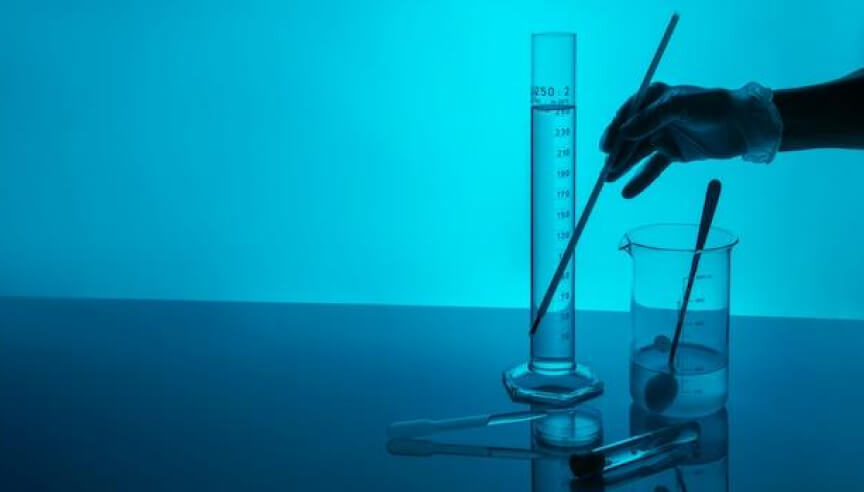Clean Laboratory Water for Specialized Clinics and Hospitals

Ensuring Clean Laboratory Water: Vital for Specialized Clinics and Hospitals
In the realm of healthcare, the quality of laboratory water holds paramount importance, particularly in specialized clinics and hospitals where precision and accuracy are non-negotiable. The significance of clean lab water transcends mere cleanliness; it directly impacts diagnostic accuracy, research reliability, and patient outcomes. Understanding the unique needs of different medical facilities sheds light on why certain clinics and hospitals require especially clean lab water.
1. Research Facilities:
Research institutions within hospitals often conduct groundbreaking studies, clinical trials, and experiments. These endeavors demand the highest standards of laboratory water purity to eliminate any potential contaminants that could skew results. Whether it’s genetic research, drug development, or microbiological studies, the reliability of outcomes hinges on the purity of water used in experiments.
2. Cancer Treatment Centers:
Centers specializing in oncology require exceptionally clean lab water due to the delicate nature of cancer treatments. Chemotherapy, radiation therapy, and immunotherapy all necessitate precise formulations and dosages. Any impurities in the water used for preparing medications or conducting tests could compromise treatment efficacy and patient safety.
3. Microbiology and Virology Labs:
Institutions dealing with infectious diseases, such as microbiology and virology labs, require ultra-pure water to maintain sterile conditions and prevent cross-contamination. Even the slightest impurity in water can compromise the integrity of cultures and assays, leading to inaccurate diagnoses and potentially dangerous outcomes.
4. Transplant Centers:
For facilities specializing in organ transplantation, ensuring the purity of laboratory water is imperative to prevent infections and rejection. Water used for cleaning surgical instruments, preparing solutions, and maintaining sterile environments must meet stringent quality standards to safeguard the health of both donors and recipients.
5. Neonatal Intensive Care Units (NICUs):
In NICUs, where premature and critically ill newborns receive intensive medical care, every aspect of the environment must be carefully controlled. This includes the water used for mixing formula, diluting medications, and preparing intravenous solutions. Contaminated water poses a serious risk to these vulnerable patients, making water purity a top priority.
6. Assisted Reproduction Clinics:
Clinics offering assisted reproduction services, such as in vitro fertilization (IVF), rely on purified water for various procedures, including sperm washing, embryo culture, and cryopreservation. Any impurities in the water could compromise the viability of embryos or sperm samples, impacting the success rates of fertility treatments.
Conclusion:
In specialized clinics and hospitals, the need for exceptionally clean laboratory water is not merely a matter of preference but a critical requirement for maintaining the highest standards of patient care, research integrity, and diagnostic accuracy. From cancer treatment centers to NICUs, each medical facility has unique demands that necessitate the use of purified water in laboratory procedures. By prioritizing water purity, these institutions uphold their commitment to excellence and ensure the best possible outcomes for patients across various medical specialties.
